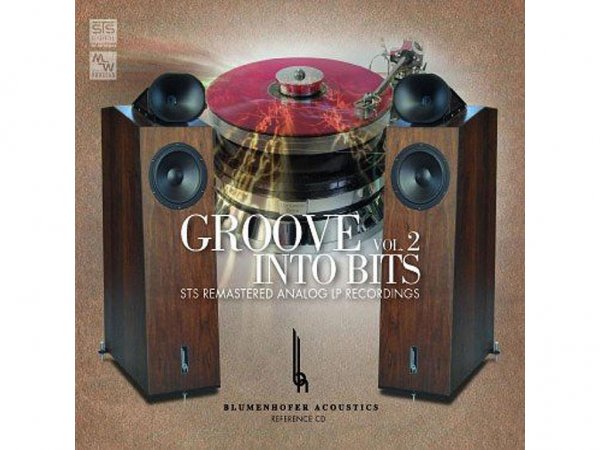Now tomelex, you must be mistaken. Everyone, and everybody knows digital has a natural unnatural edge. It also is 2d. It takes tremendous amounts of money and extreme care with superbly handled setup to almost tame it. Almost, as it has been getting better for 30 years, but we just can't quite get it all cleaned up. To rid it of glare, and edge, and harshness and just a downright unnatural sound.
Well except as you so impertinently point out when we record LP or reel tape all of that stuff seems gone. Digital recordings of those analog sources seem to pass all the wonderfulness of purest unadulterated analogness right on through. Funny isn't it? Just having the analog in there is magic. Pretty much proof that digital isn't ever quite good enough as curious as that seems. (Seems very curious to me).
Hi elsdude,
Everyone and everybody knows digital has a natural unnatural edge. Who, pray tell, is everyone and anybody?
It is also 2d.. My ears must be totally out of whack. Seems to me, from a broader perspective, that dimensionality is determined by many factors, often related to the specific recording, microphones, and other equipment at hand and the care that the recording engineers used when they initially recorded the event. Witness Robert and Wilma Cozart Fine and the Mercury Living Presence, recorded in the early stages of stereo, as one example. Not to mention the numerous jazz recordings made during this period.
I certainly don't dispute the fact that any transfer to a digital or analogue format can be compromised by those folks that control that transfer to the subject medium under question. Read the end product that we listen to as consumers.
What I do dispute is the fact that folks make broad generalizations and believe that they apply in all circumstances. IMHO, indefensible and inherently personal. Your truth / reality may, or more importantly, may not be mine. Pretty simple. Absolutes, IMHO, do not apply, to this wonderful hobby. All that matters is that each individual enjoys listening to music, regardless of the format.
Nuff said. For me at least.
This has been soooooooo overly discussed / debated in various audio forums and there is no consensus. May I suggest that the reason for the lack of consensus is based on the primal / core fact that audio is (all other things equal) a subjective / emotional experience that cannot be put into the proverbial / objective box of what is right or wrong.
Welcome again to "Groundhog Day". Bill Murray is smiling. Have fun gentlemen.
GG











